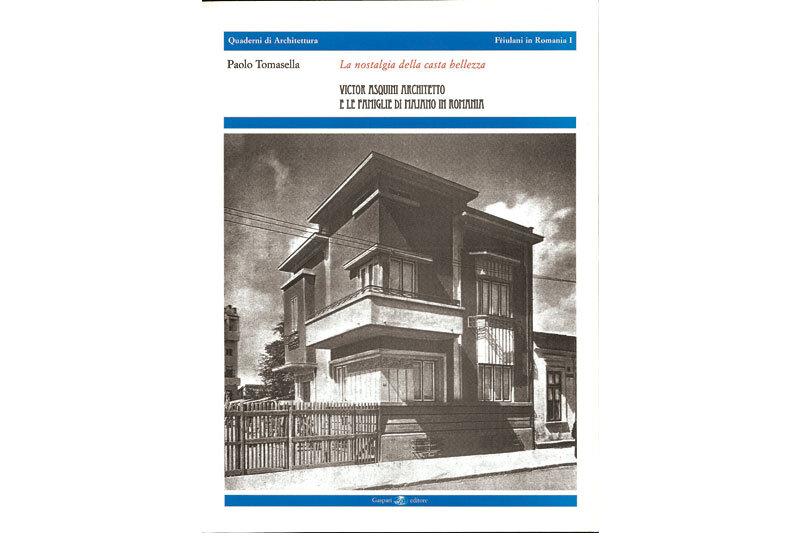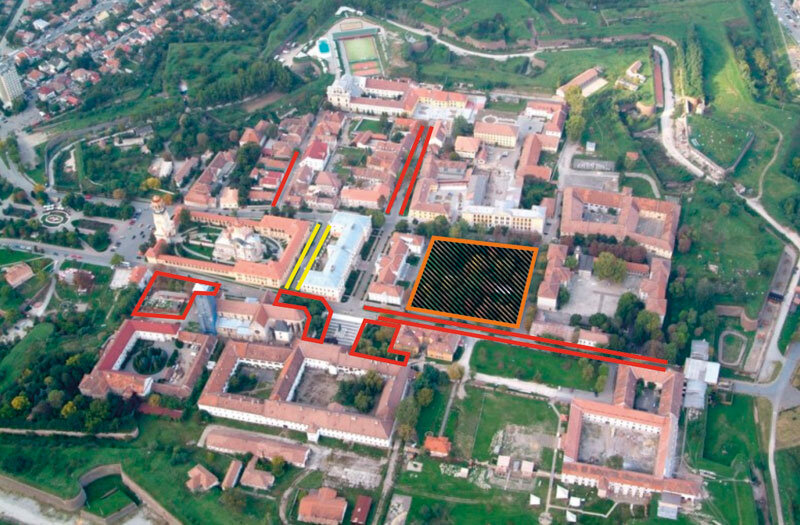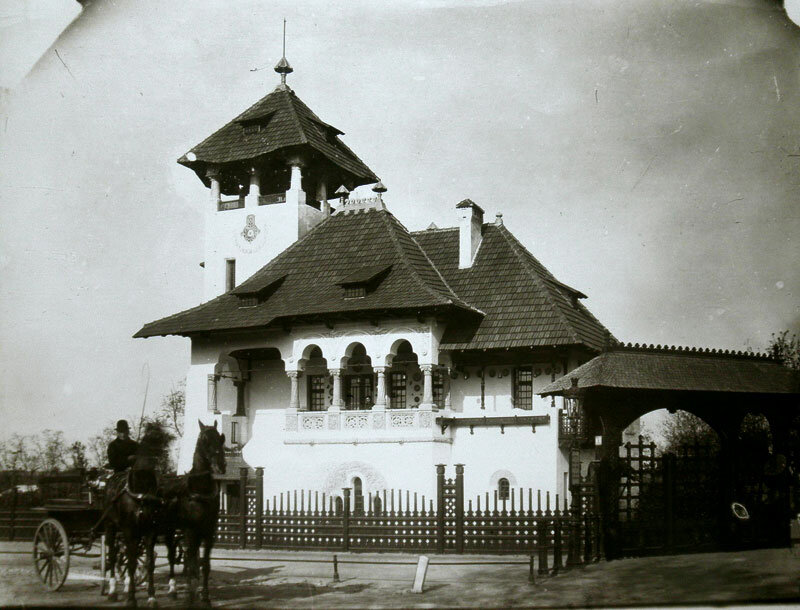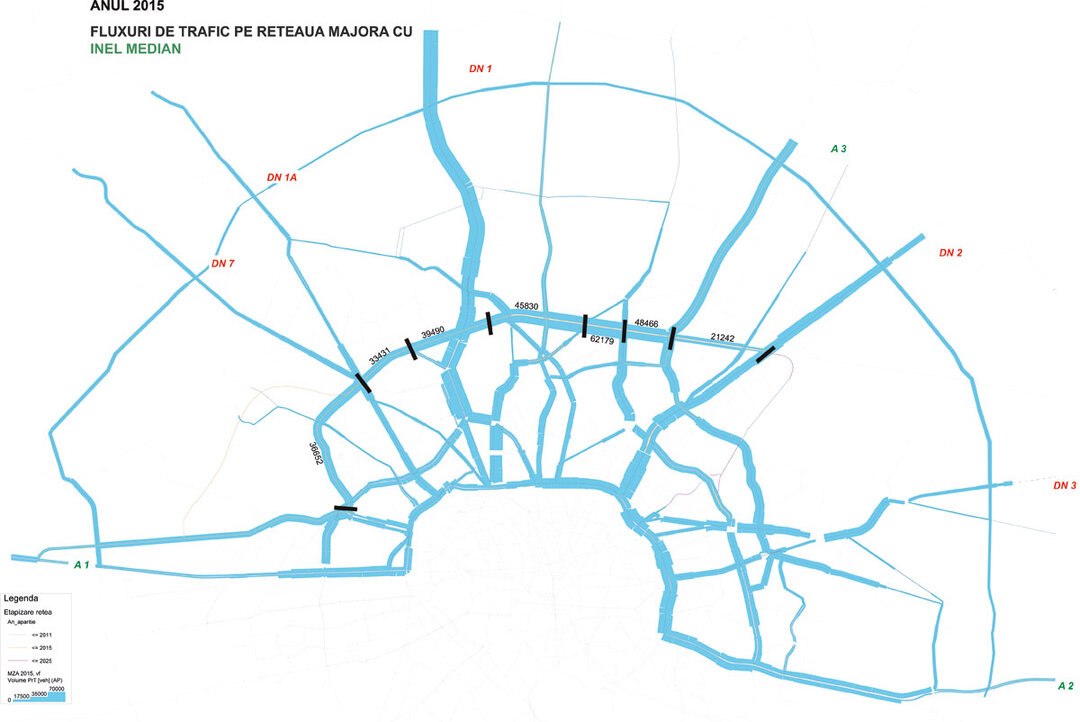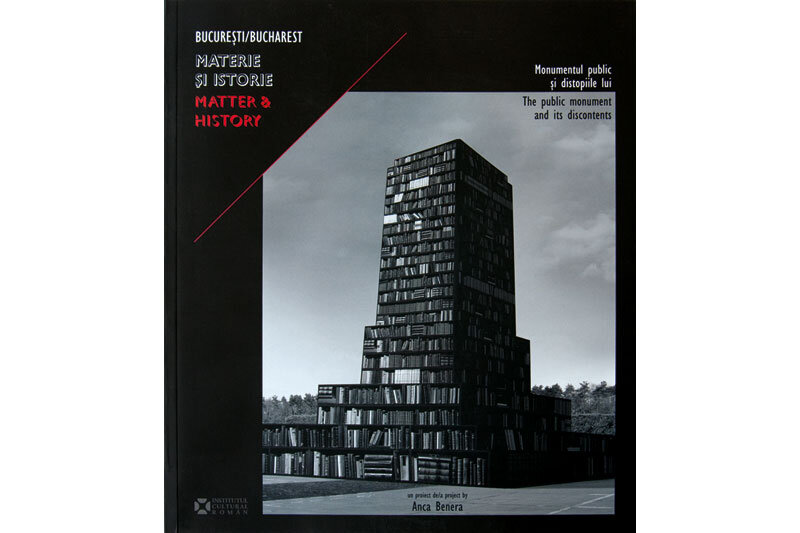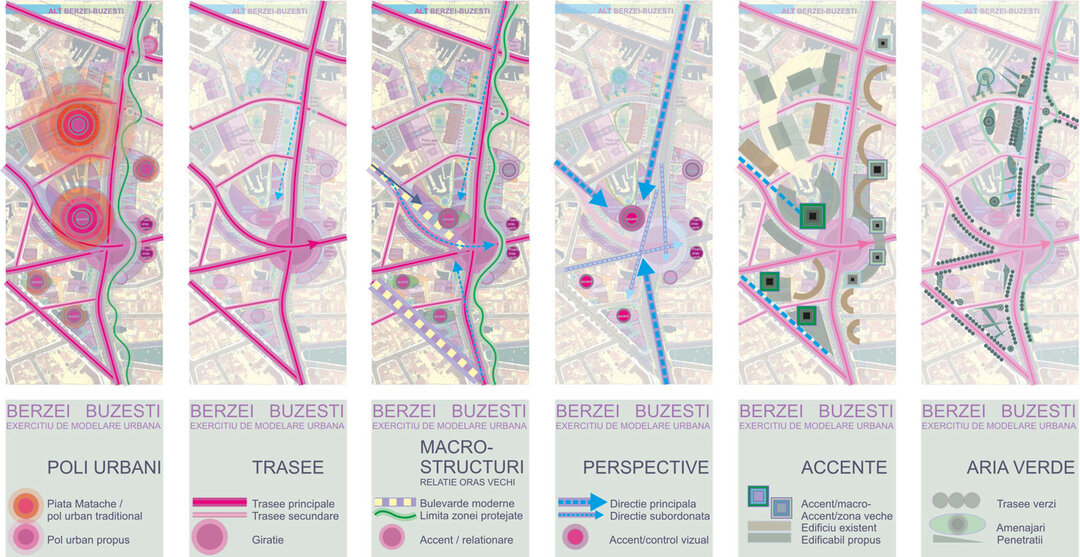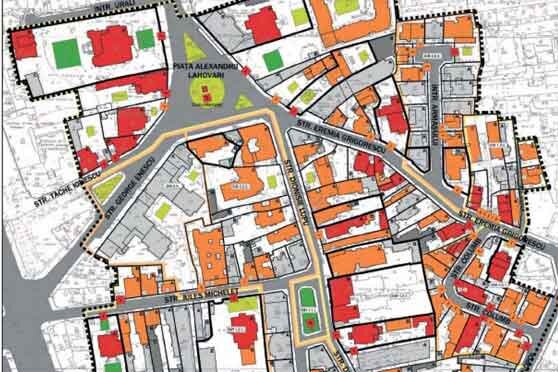
Better laws for public participation
In Romania, the legal framework for public participation is based on Law 544/2001 on free access to information of public interest and Law 52/2003 on transparency of decision-making in public administration. According to this legal framework, public authorities have the obligation to inform and involve citizens and other stakeholders in the decision-making process. These two laws, important for Romania's democratization, have led to increased transparency and, where the laws have been applied, to better informed regulations. In addition to these generally applicable laws, specific provisions on information, debate and participation in decision-making can be found in environmental and urban planning legislation.
Ten and eight years after the entry into force of the two laws, respectively, practice has also shown their limits. Access to information of public interest is still restricted and public participation in decision-making is far from being an effective and useful mechanism for good governance. As the latest monitoring report on the implementation of the two laws by the Directorate for Government Strategies of the General Secretariat of the Government and numerous studies by non-governmental organizations show, changes are needed so that the obstacles created by the regulation itself can be removed.
The Association for the Defense of Human Rights in Romania - Helsinki Committee, the Resource Center for Public Participation and the National Association of Citizens' Advice Bureaux, after a long practice of using the above laws, have elaborated a series of proposals for their improvement. According to Law no. 544/2001, public authorities are obliged to provide some information ex officio, and other information must be provided upon request, according to established procedures and terms. However, the law has certain weaknesses so that citizens' access to information of public interest is not always fully realized.
A major problem is the fact that there are public institutions and legal entities operating with public funds that are not subject to the obligation to provide information; this includes various national companies or operators in the utilities market. Public procurement contracts and other similar information are obtained with great difficulty, often after lengthy and resource-consuming court proceedings; these contracts should fall into the category of information provided ex officio and therefore an express regulation of this aspect would be useful.
The information provided is often not 'translated' in a way that the public can use it; perhaps the most common examples of this are local budgets and planning regulations. It is necessary to introduce a quality requirement for the information provided so that it is accessible to citizens.
It should also be expressly stated that a document containing both releasable and exempt information (personal data, data relating to economic competition, etc.) will not be refused disclosure in its entirety. The document may be made public subject to the limitations necessary to protect the exempted information (by covering it up). Disci-plinary liability of the public official for withholding information is ineffective. It is more useful to abolish it and replace it with a civil fine imposed on the public authority or institution, coupled with an obligation to recover the amount paid as a fine from the guilty persons (who are not always public officials).
While Law 544/2001 regulates access to information, Law 52/2003 regulates the involvement of citizens and stakeholders in the decision-making process. This implies timely and correct prior information on the normative acts to be adopted and the possibility to participate in the debates organized by the public authority and in the public meetings where it adopts the normative act. However, ambiguities in the current law leave room for practices that hinder effective public participation and require a number of legislative amendments to remedy them.
For example, according to the current law, the announcement of the drafting of a normative act must be made public at least 30 days before it is submitted for consideration, endorsement and adoption by public authorities. In practice, this is often not the case. Often the authorities simply circumvent this obligation and do not publish any announcement, and when they do, they do not specify the date of publication. In a recent case, the draft Budget of the 6th Sector for 2012 was published on the City Hall's website only a few days before the City Council meeting in which it was to be approved, and this could not be proved other than by constantly monitoring the institution's website. These situations could be avoided by making it compulsory for the date of publication to be included in the announcement.
With regard to public debates, the law specifies that "in all cases where public debates are organized, they must be held no later than 10 days after the publication of the date and place where they are to be held". In practice, there have been situations where public debates have been announced overnight and in ways that are not easily accessible to the general public. The announcement of the Bucharest City Hall regarding the debate on 26.01.2012 of the PUZ project - "Accent Vertical Nod Răzoare" and the press release announcing the debate "Strategic Concept Bucharest 2035", on 22.02.2012, were sent less than 24 hours before the respective debates, only to the people who had submitted comments on the projects on the City Hall's website. The announcement of the Ministry of Regional Development and Tourism regarding the debate "How do we manage the development processes of cities?" on 15.07.2011, concerning the Buzești - Berzei Diametral, was made only 21 hours before the meeting.
The abusive prevention of the participation of those interested in public meetings under the pretext that "there are no more places" is allowed by current legislation. The Municipality of Bucharest constantly stops the access of some representatives of non-governmental organizations to the council meetings on the grounds of lack of seats, especially when the agenda includes urban planning regulations and public procurement contracts (although the pictures in the hall show that there are enough free seats). In order to guarantee the right of all participants in the meetings of the authorities to speak on any matter on the agenda and to ensure the effectiveness of the speeches, it is necessary that they take place prior to the adoption of draft regulations. At the meetings of the General Council of the Municipality of Bucharest, very often, citizens are not allowed to speak until the end of the meeting.
The most serious shortcoming of Law 52/2003 is, however, the non-existence of sanctions for breaching it. None of the abuses described above would occur if the law contained effective sanctions. At the same time, the law needs to provide for simpler and clearer procedures for access to justice. The most effective way to oblige public authorities to comply with this law would be to introduce absolute nullity for normative acts, administrative decisions and rulings issued or adopted in violation of the law. More clearly, our proposal is that any citizen should be able to apply to a court of law for the annulment of regulatory acts adopted without respecting the transparency of decision-making.
There are, however, public authorities which have not taken advantage of the weaknesses of the two laws and which have carried out real consultation processes. However, examples of good practice remain exceptions and the proposed legislative amendments require due attention from the Government and Parliament if we want real democracy in Romania.


